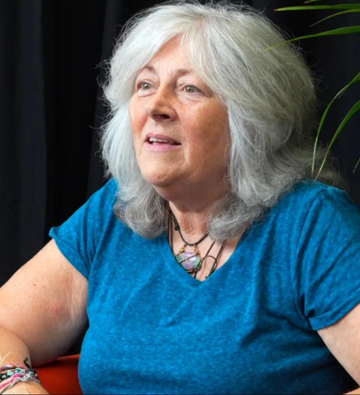Staying positive
It can be very worrying when your loved one has health issues in prison, but we meet families who say they've had positive experiences and that their loved ones are being well looked after.
It's not the case that because your loved one is in prison, they've lost their right to healthcare.

Some background
Healthcare providers and the NHS tell us that they can't always give updates to families about their loved ones' care. This means that you won't always hear from them about good news – for example, if your loved one has an appointment booked or has received their medication.
Of course, your loved one will know for themselves what their experience has been – but it's possible they don't have the full picture either. For example, for security reasons, they won't be told if they have a hospital appointment booked on the outside. Due to data protection, security or communication issues, they won't necessarily be aware of efforts that have been going on behind the scenes to try and help them.
Through over a thousand interviews with families, Pact has found slightly under a third have something positive to say about their experience (even if their experience was mixed).
Our top tips
- Keep in touch with your loved one to get updates about their care. Whilst the prison and healthcare teams have limits on the information they can share with you, there are no rules stopping your loved one from telling you about their own health.
- Where possible, try to keep an open mind. It's easy to assume the worst, especially if you don’t have much information, but things might not always be as bad as they seem.
